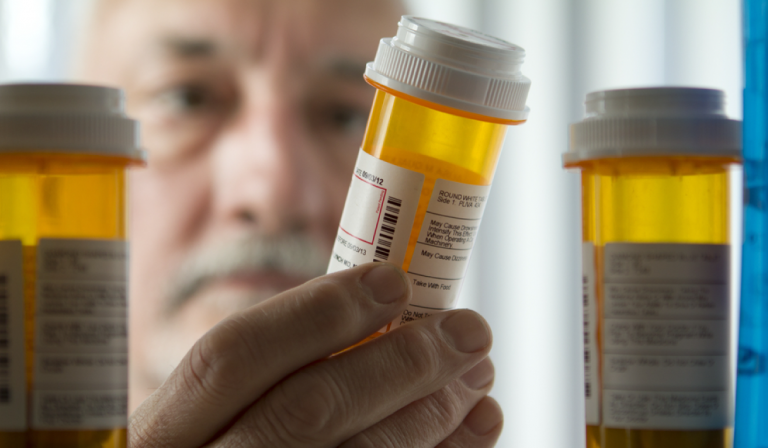NHS figures have shown that thousands of cancer patients are facing growing treatment delays.
What the Figures Show
Figures show that in the past year, nearly 10% of patients were forced to wait more than two weeks for first appointment with a specialist.
In the same time period, 130,553 people in England had to wait more than two weeks for their first appointment with a cancer specialist after being urgently referred by a GP.
This was a big increase on the 104,930 who had to wait longer than 14 days in the same period in 2016-17. In June this year alone, 16,235 people did not meet their specialist for the first time within the 14 days guaranteed by the NHS constitution.
Additionally, figures have shown that in the past 12 months, 27,246 people did not have their first treatment for cancer within 62 days – the biggest annual total since records began in 2009, NHS performance against the 85% target for ensuring first treatment within two months was the lowest ever at just 79.2% and that 7,352 patients did not receive their first treatment within 31 days, although hospitals collectively did meet the target of seeing 96% of patients on time
Just 91.1% of all the 182,348-people referred were seen within two weeks in June, a breach of the duty on the NHS to ensure that 93% do so. Almost two-thirds of hospitals proved unable to provide first appointments within 14 days, while a third missed it by at least 10 percentage points or more.
Treatment Delays are Unacceptable
Moira Fraser, the director of policy at Macmillan Cancer Support, said: “It mustn’t be forgotten that at the heart of these figures are thousands of cancer patients and their families having their lives put on hold for months on end as a result. This is unacceptable.”
NHS England commented, “Catching cancer earlier is vital, which is why the NHS is deliberately putting itself under pressure by significantly increasing the number of people referred for checks,”
“As a result, the NHS is now seeing nearly two million urgent GP referrals a year, with record highs in June in the number of people receiving their first treatment following an urgent referral.”





